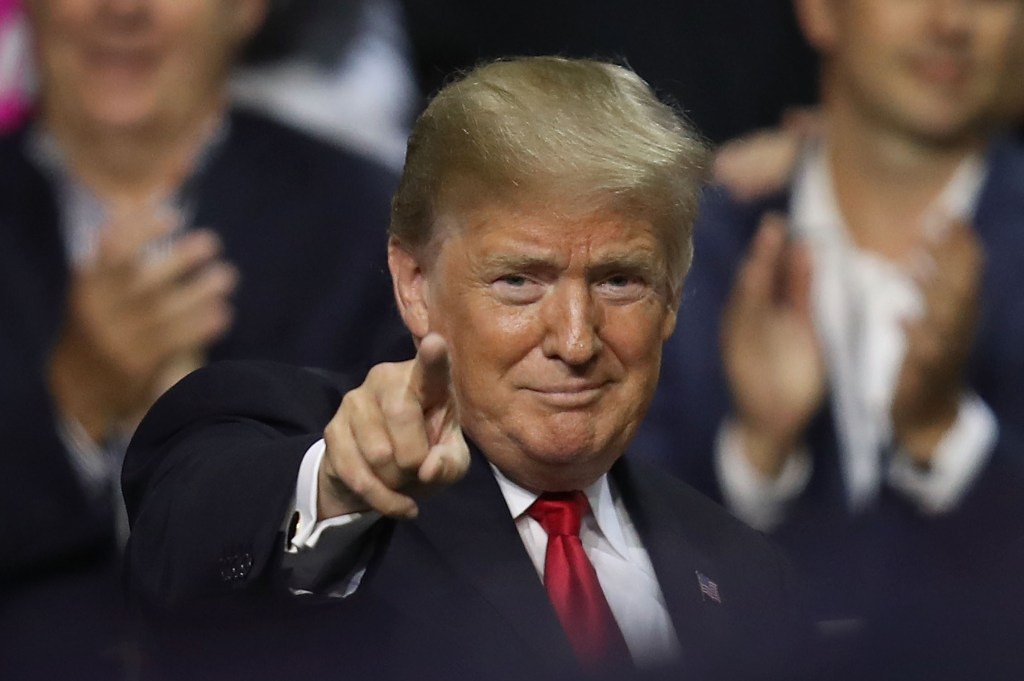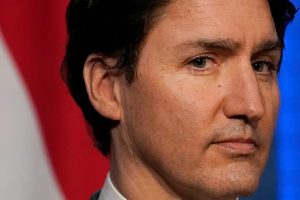If you attach meaning to President Trump’s tweets, his foreign policy seems terrifyingly dramatic. One day it’s war with Iran, the next it’s peace. Ditto Korea.
At present there is no such thing as US foreign policy, at least not at the presidential level. Trump has no worldview and no principles — we know that.
He does have a couple of prejudices on matters such as trade and immigration but these have not yielded a consistent pattern of action. They just produce tirades.
My inclination is to discount anything he says —“fire and fury,” etc.— and then to wait for two or three days to see if the latest presidential eruption actually means anything. More often than not, a retraction or watering down ensues.
The press overreacts to each of these one-act plays, investing them with the sky-is-falling seriousness, with the Helsinki summit as exhibit number one. Doing so feeds into the Times/Post/CNN/MSNBC narrative that Trump endangers the Republic and indeed the entire planet.
I have come to see Trump as merely a mendacious and narcissistic nincompoop. I’m guessing that policymakers in the world’s capitals are likely to have reached a similar conclusion. That is, they have learned not to take Trump seriously.
If there is a U.S. foreign policy, it comes from the permanent government of which Mattis is the preeminent representative. The permanent government thinks pretty much it has thought ever since the end of the Cold War — whether for better or worse. In other words, militarised “global leadership” remains the presumptive model for U.S. policy.
The bottom line is that Trump has changed the atmospherics of policy, very much for the worse. As for substantive change, it has been much less consequential than the hysterical press commentary would suggest.
Andrew J. Bacevich is Professor Emeritus of International Relations and History at Boston University and author of America’s War for the Greater Middle East: A Military History.


















